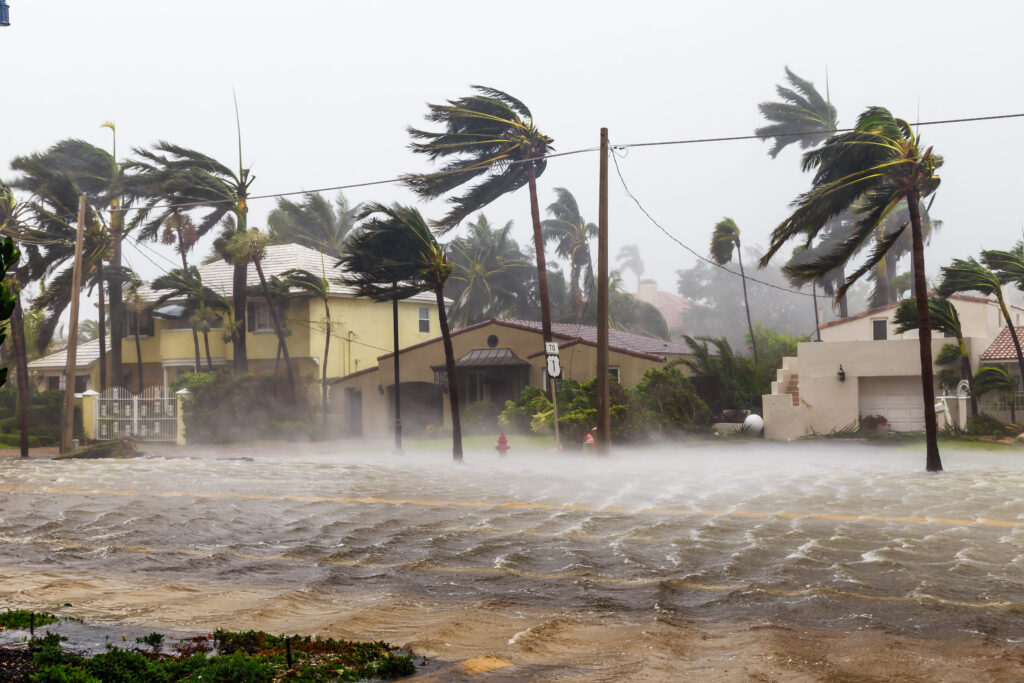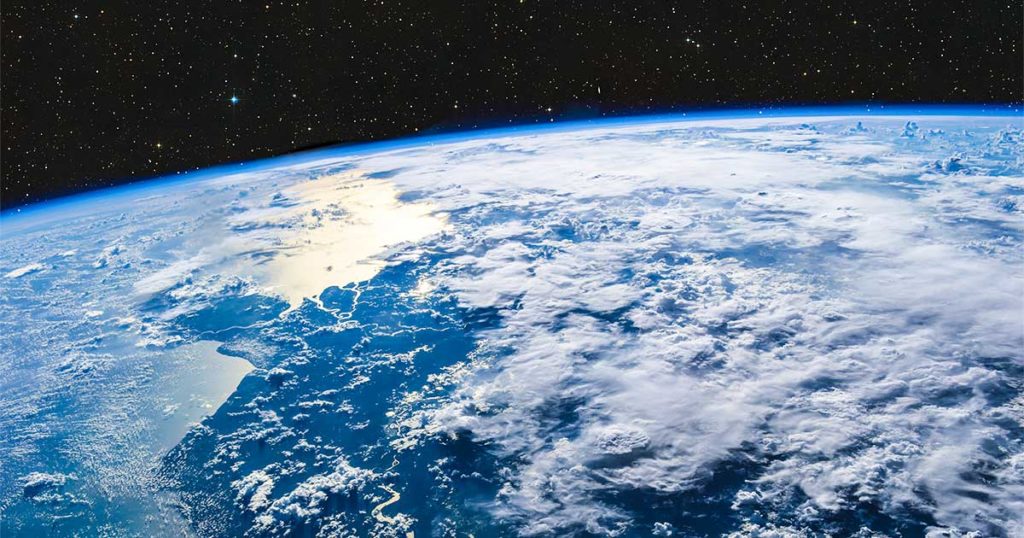This year ushered in a series of intense weather events that impacted communities across the globe: record-breaking heat waves; super-charged cyclones; intense flooding; coastal waters hitting a balmy 38°C (1–4). Attributing extreme weather to climate change has become the norm when reporting on these seemingly more frequent and intense events. But beyond simply acknowledging weather to be more violent or destructive than it was in the past, how is it that climate experts are able to determine if increasing greenhouse gas levels are the culprit behind these extreme weather events? The answers can be found in climate attribution science.


